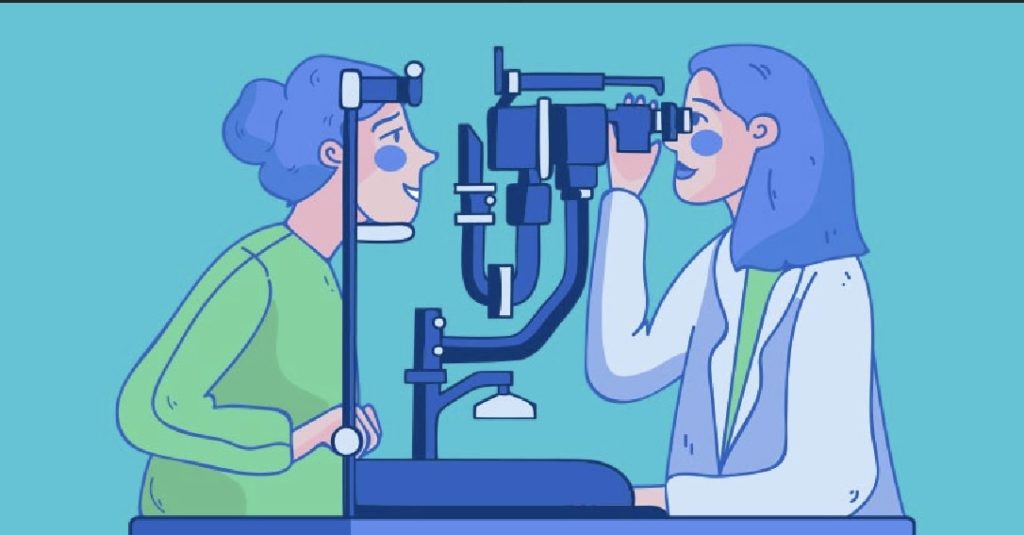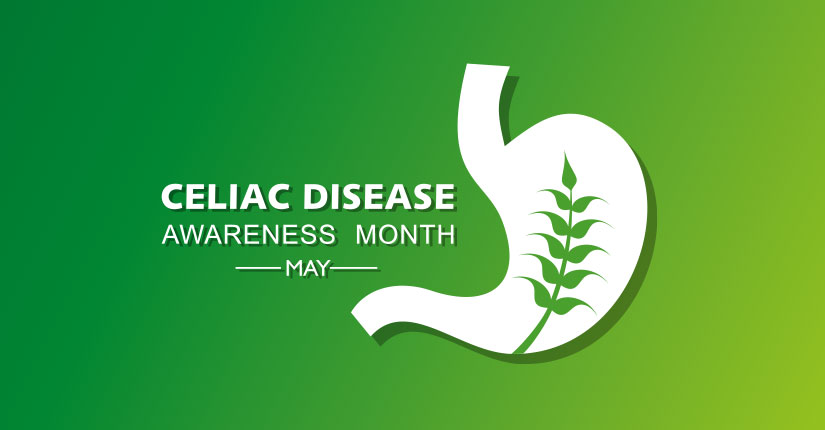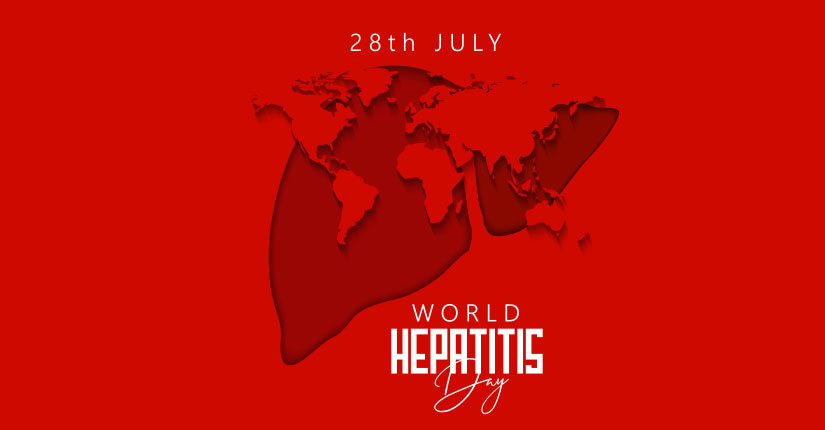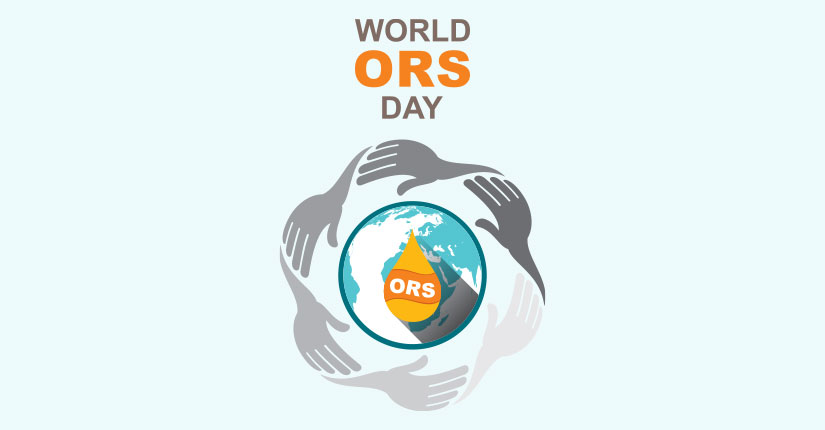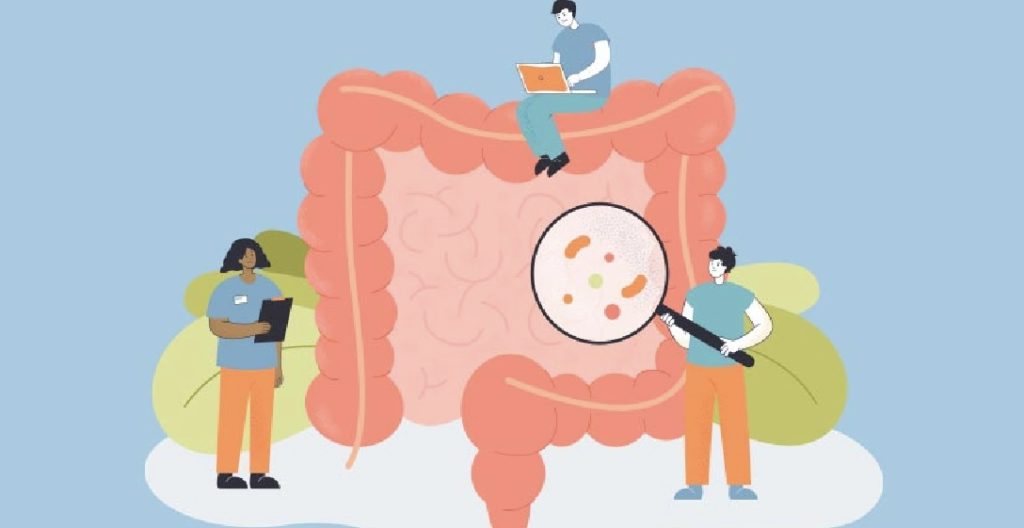Supplements for Osteoporosis: What Works and What Doesn’t
By Nmami Agarwal 27-Jun 2023 Reading Time: 6 Mins

Osteoporosis is characterized by low bone mass and weakening bone tissue, leading to increased bone fragility and a higher risk of fractures. Many people turn to supplements, including vitamins, in an attempt to improve their bone health. However, depending solely on vitamin supplements may deliver different results for osteoporosis. Instead, focusing on a well-balanced diet with nutrient-rich natural foods is a better option.
- Vitamin D is often praised as an essential nutrient for bone health.
- It plays a crucial role in calcium absorption, which is necessary for keeping strong bones.
- While vitamin D supplements can be helpful for individuals with a deficiency, depending solely on supplements may not be as effective as obtaining vitamin D from natural sources.
- Sun exposure is an excellent natural source of vitamin D, as our bodies can synthesize it when our skin is exposed to sunlight.
- Spending time outdoors, especially during midday when the sun is at its highest point, can help boost vitamin D levels naturally.
- Additionally, fatty fish like salmon, mackerel, sardines, and fortified dairy products can provide vitamin D naturally.
- Calcium is another essential nutrient for bone health.
- Many people resort to calcium supplements, assuming they will compensate for insufficient dietary calcium intake.
- However, research suggests that calcium supplements may have limited benefits for bone health and could even pose certain risks, such as an increased risk of kidney stones.
- Instead, consuming calcium-rich foods is a more effective and safer way to obtain calcium. Dairy products like milk, yogurt, and cheese are excellent sources of calcium.
- Additionally, leafy green vegetables such as broccoli, kale, spinach, tofu, and almonds provide calcium naturally.
- Magnesium is a mineral that plays a role in bone health by assisting in calcium absorption and impacting bone mineral density.
- While magnesium supplements are available, relying on natural food sources is generally more beneficial.
- Foods such as whole grains, nuts, seeds, and dark green vegetables like spinach and kale are excellent sources of magnesium.
- You can obtain adequate magnesium and other essential nutrients by including these foods in your diet.
- Vitamin K is involved in bone formation and helps activate proteins that regulate bone calcium levels.
- While vitamin K supplements exist, consuming natural food sources of vitamin K is a better choice.
- Leafy green vegetables such as kale, spinach, and collard greens are rich in vitamin K.
- Other vegetables like broccoli and Brussels sprouts also provide this essential nutrient.
- You can naturally boost your vitamin K intake and support bone health by including various vegetables in your meals.
- In addition to vitamins and minerals, certain plant compounds may positively influence bone health.
- Phytoestrogens found in soy and lignans found in flaxseeds are two examples.
- Some research suggests these compounds can reduce bone loss and maintain bone density.
- These compounds are more readily available through natural food sources rather than supplements.
- Including soy products like tofu, edamame, and soy milk, as well as flaxseeds and flaxseed oil, in your diet can provide these beneficial plant compounds along with other essential nutrients.
- In summary, while vitamin supplements may play a role in addressing nutrient deficiencies, relying solely on supplements for osteoporosis may yield more than optimal results.
- Natural foods provide various nutrients and phytochemicals that synergistically support bone health.
- Adopting a well-balanced diet that includes a variety of nutrient-rich foods, such as fruits, vegetables, whole grains, lean proteins, and dairy products, can provide the necessary nutrients for supporting strong bones and overall health.
- It’s always a good idea to consult a healthcare professional or registered dietitian for personalized suggestions based on your needs and medical history.
- Concentrating on natural food sources can enhance your overall nutritional intake and support your bone health more effectively.


